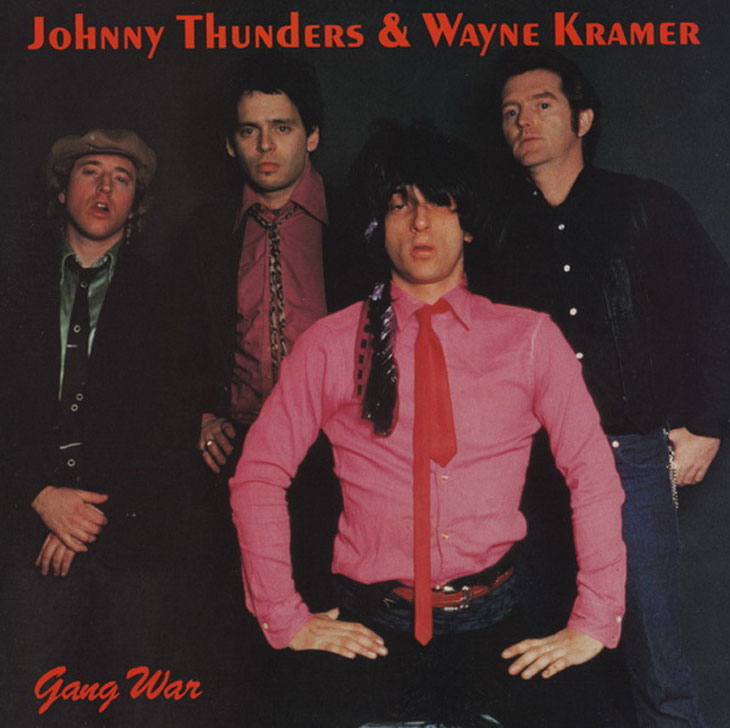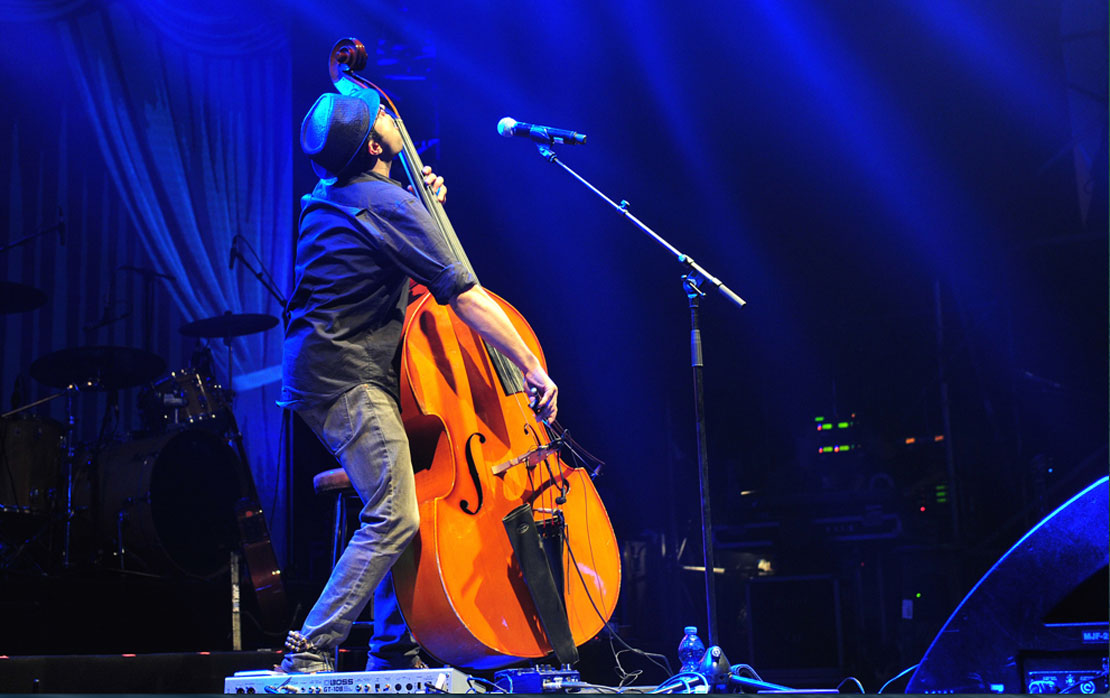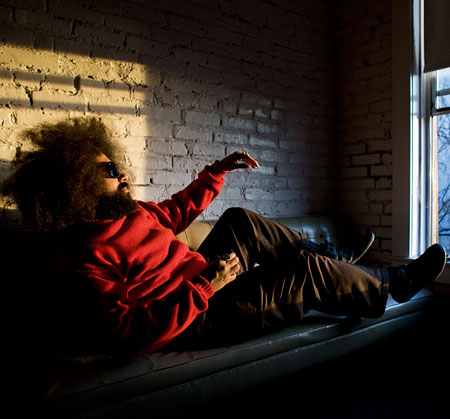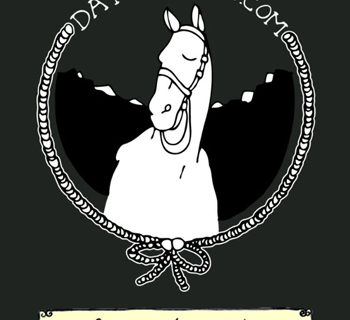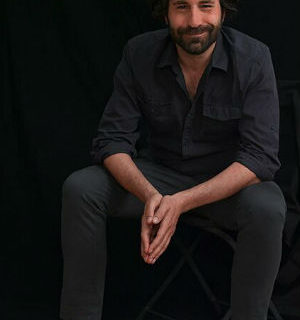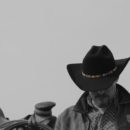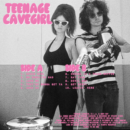Gang War was a good band for about ten minutes. When I heard Wayne and Johnny were getting together, I thought, “This is gonna be good, until heroin takes over.”’
Mick Farren, quoted in the book Please Kill Me by Legs McNeil and Gillian McCain
In 1979, former MC5 guitarist Wayne Kramer got released from Lexington Federal Prison, where he served the better half of a four-year sentence for selling blow to a pair of undercover DEA agents. Johnny Thunders was constantly shooting up to shake off the breakup of The Heartbreakers, his post-New York Dolls band. A drug dealer introduced Kramer to Thunders, and the two musicians who shaped the guitar sound of the ‘70s started a band together.
They called it Gang War. The band could have been great. It almost combined Thunders’ every-chord-sounds-like-something-breaking riffs, as heard on “Personality Crisis,” with Kramer’s mindfuck solos from “Kick Out the Jams.” Then everything got fucked up when it turned out Thunders’ true talent was working on finding veins that hadn’t collapsed yet and firing dope into them.
Things started out all right, with the band cutting a few demos in Ann Arbor, Michigan. Their manager booked them the cheapest studio he could find, a shithole used for recording radio jingles. At first the owner of the place couldn’t believe the homeless-looking Thunders used to be in the New York Dolls, and wouldn’t let the band step through the door. After the studio head’s son confirmed Thunders’ identity, the band was allowed inside.
To hear their drummer Philippe Marcadé tell it, things went fine for the three days Gang War spent putting down their early tracks. After that, Gang War headed to New York intending to plan a tour. It didn’t go well.
Then everything got fucked up when it turned out Thunders’ true talent was working on finding veins that hadn’t collapsed yet and firing dope into them.
The band played a few shows in the city, until Thunders’ addiction took over. Maintaining a serious junk habit takes money, and Thunders tried getting it by fucking his bandmates over. A Dutch record label offered Gang War forty grand to finance their first album. Thunders tried negotiating with the label’s executive while fucked out of his mind, hoping he could convince the company to make the album a Johnny Thunders solo production. It didn’t work. The other members of Gang War took the slight about as well as you’d expect, and the band dissolved. Only scraps of demo tapes and poorly recorded live shows remain from the group’s brief existence.
These bootlegs prove difficult listening material, especially this self-titled live compilation of two shows put out by Jungle Records. Gang War’s live shows consisted of covers, since the band fell apart before putting together a single original song. Still, raucous energy bleeds through their renditions of “Endless Party.” The group’s version of the reggae classic “The Harder They Come” could knock over a mountain. There’s potential on the first half of this recording, a frenetic interplay between Thunders and Kramer.
It hurts hearing these glimmers of what could have been, because many of the tracks just fucking suck. In the second recorded performance included on the compilation, Thunders spends more time antagonizing the crowd than playing music:
“You guys think you know how to treat your women good? I’m gonna tell you really how to treat the bitch. The bitch, the bitch that always think they got the upper hand because they got the cute li’l butt walking around, and their little dyed blonde hair, saying, ‘Oh honey, honey to me, my tits, my tits size 34C so you should listen to me.’ Fuck these bitches, baby, this is how you treat the bitch. If you don’t treat your bitch this way you’re a fucking asshole or a chump.”
That’s how Johnny Thunders, old-school romantic, introduces the song “Ten Commandments of Love.” You can hear the band falling apart in every chord played off-beat, every slurred word that drips from Thunders’ mouth. Like its own existence, Gang War can’t keep that performance together for more than a blink.
Looking back, Gang War sounds like the death rattle of the bands playing punk before the genre even had that name. Their sliver of time together showcased the same drives that fueled the too-perfect collaboration of Kramer and Thunders, and would ultimately tear them apart. They were desperate, talented, and didn’t know what else to do but play their guitars.

